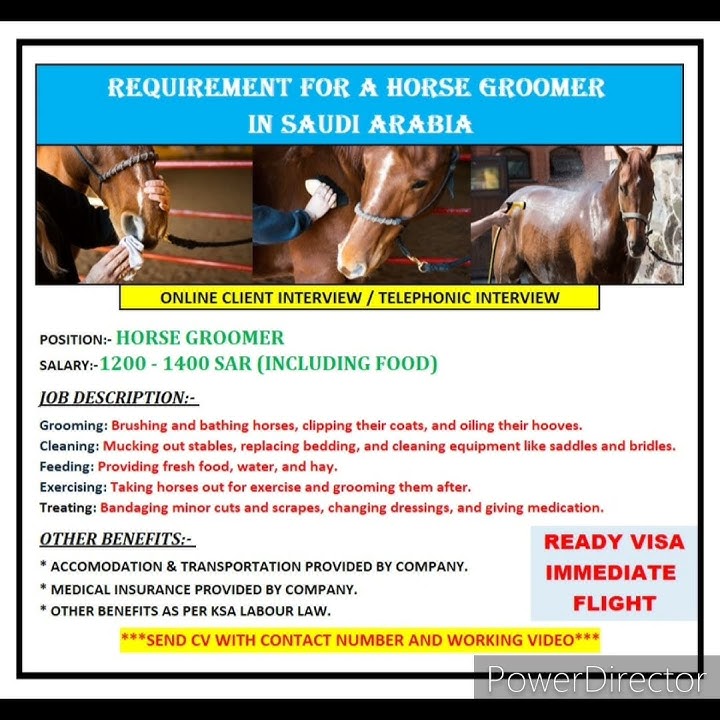Salary Expectations in Different Horse Industry Jobs

The horse industry offers a diverse range of career opportunities, each with its own salary expectations influenced by factors such as experience, location, and specialization. Understanding these salary ranges can help job seekers and enthusiasts make informed decisions about their career paths.
Overview of Horse Industry Jobs and Salaries
| Job Title | Average Annual Salary (USD) | Description |
|---|---|---|
| Groom | $25,000 – $35,000 | Responsible for daily care and maintenance of horses, including feeding, grooming, and stall cleaning. |
| Riding Instructor | $30,000 – $50,000 | Teaches riding skills to students of various levels, often requiring certification and experience. |
| Farrier | $40,000 – $60,000 | Specializes in hoof care, including trimming and shoeing horses. Requires technical skill and training. |
| Trainer | $35,000 – $70,000 | Develops training programs for horses, focusing on performance and behavior. Salary varies with reputation and success. |
| Veterinarian | $70,000 – $120,000 | Provides medical care to horses, requiring a veterinary degree and specialized equine knowledge. |
| Stable Manager | $45,000 – $75,000 | Oversees stable operations, staff management, and horse welfare. Often requires management experience. |
| Equine Therapist | $40,000 – $65,000 | Offers therapeutic services such as massage or chiropractic care to horses. Requires specialized training. |
Factors Influencing Salary
- Experience and Expertise: More experienced professionals typically command higher salaries.
- Location: Salaries can vary significantly depending on the region and local demand.
- Type of Employer: Working for high-profile stables or racing teams often offers better pay.
- Certifications and Education: Advanced qualifications can lead to increased earning potential.
- Specialization: Niche skills, such as equine dentistry or therapy, may attract higher wages.
Frequently Asked Questions (FAQ)
Q1: What is the entry-level salary for a groom?
A1: Entry-level grooms usually earn between $20,000 and $25,000 annually, depending on location and employer.
Q2: Do riding instructors need certification?
A2: While not always mandatory, certifications from recognized bodies can enhance credibility and salary prospects.
Q3: How can veterinarians increase their earnings?
A3: Specializing in equine surgery or working in high-demand areas can significantly boost a veterinarian’s income.
Q4: Are there seasonal fluctuations in horse industry jobs?
A4: Yes, some roles may experience seasonal demand, affecting hours and pay, especially in event-related positions.
Q5: Is it possible to combine roles for higher income?
A5: Many professionals combine roles, such as training and instructing, to diversify income streams.
Understanding salary expectations in the horse industry helps professionals plan their careers effectively and pursue opportunities that align with their financial goals and passion for horses.
